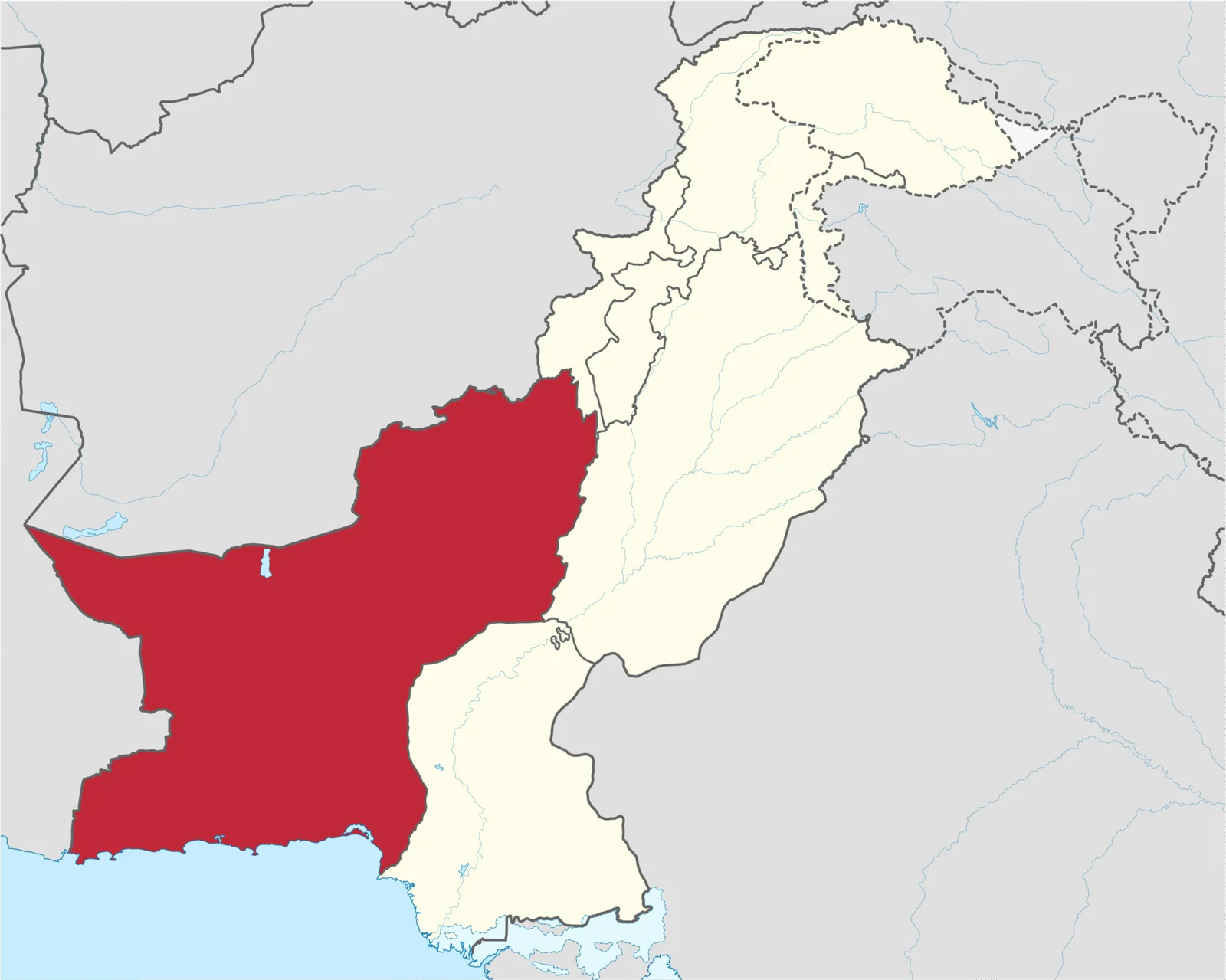Editorial
Live streaming of judicial proceedings is a topic of debate and interest in many countries. Accordingly, there are possible benefits and challenges of live-streaming of judicial proceedings. It has multiple advantages for the judicial system. Likewise, it enhances the transparency and accountability of the judiciary, by allowing the public to witness the courts’ functioning and the law’s application. It can also increase the accessibility and inclusivity of the judiciary, by enabling people who cannot physically attend the court hearings, such as litigants, lawyers, journalists, students, researchers, and citizens, to follow the proceedings online. Furthermore, live streaming can also promote education and awareness of the public about the legal system, the rights and duties of citizens, and the roles and responsibilities of the judges.
Apart from multiple advantages, Live streaming can pose a risk to the privacy and security of the parties involved in the cases, especially in sensitive matters such as constitutional law, criminal law, family law, juvenile justice, sexual offences, etc. The courts may need to adopt measures to protect the identity and confidentiality of the litigants, witnesses, victims, and others. Live streaming can also affect the dignity and decorum of the court proceedings by exposing them to public scrutiny, criticism, or ridicule. The judges, lawyers, and other participants may face undue pressure or interference from external influences or media sensationalism. Furthermore, live streaming can also raise technical and logistical issues, such as the availability of infrastructure, bandwidth, equipment, personnel, etc. The courts may need to ensure the quality, reliability, and security of the live stream, as well as the archiving and accessibility of the recordings.
Therefore, live streaming of judicial proceedings can have significant implications for the judiciary and the society. It can be a valuable tool to enhance the openness and responsiveness of the courts, but it also requires careful consideration of the legal, ethical, and practical aspects involved. Accordingly, it is a welcoming step for the judiciary in Pakistan to livestream the judicial proceedings.
Please, subscribe to the magazines of republicpolicy.com
















